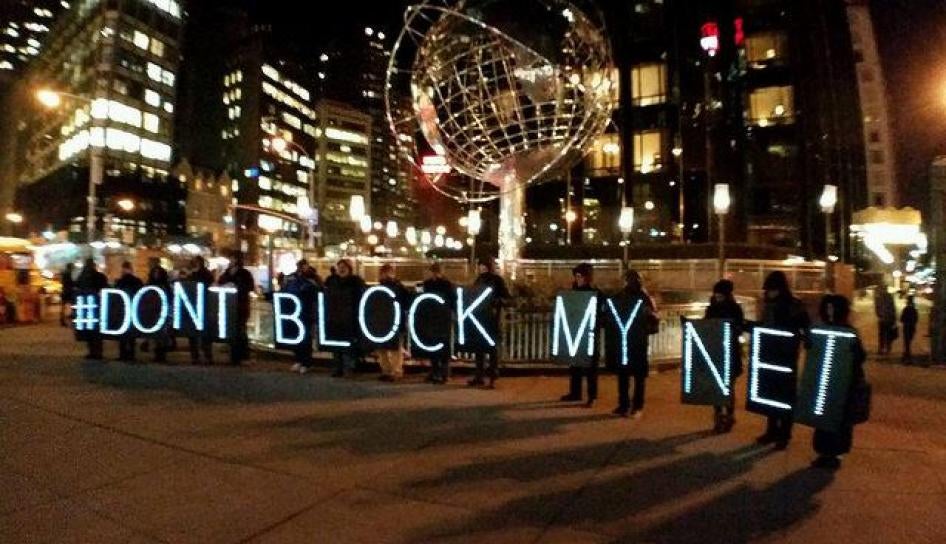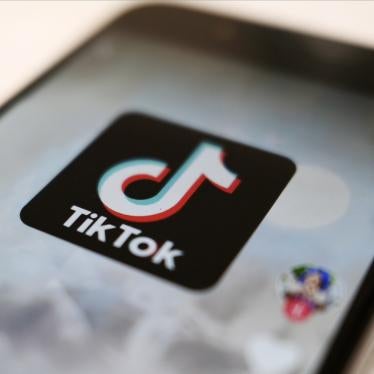The United States Federal Communications Commission (FCC) “Open Internet” rules turn 2 years old on Sunday. These rules aim to prevent internet service providers from adopting discriminatory practices in what information they allow subscribers to access – a concept known as net neutrality. They are key to ensuring that companies don’t interfere with Internet users’ rights to access information of their choosing.
But clouds are gathering at the birthday party. The new FCC chair, Ajit Pai, voted against the rules in 2015, when he was a regular member of the commission. Since his appointment by President Donald Trump, Pai has shed no light on what steps he will take on net neutrality, though he has closed an ongoing investigation into the impact of certain internet service providers on the open internet.
In 2015, then-FCC Chair Tom Wheeler, surprised many by coming out strongly in favor of net neutrality. The United Nations special rapporteur on freedom of expression, David Kaye, praised the FCC ruling, calling it a “real victory for freedom of expression and access to information in the United States.” Kaye hoped that governments around the world would follow suit and adopt similar legislation.
There has since been some progress. Brazil had net neutrality on the books already in 2014, and India followed last year. The European Union parliament adopted net neutrality principles in late 2015, and last August, the body of communication regulators issued its guidelines on national implementation for EU member states.
Should net neutrality be scrapped in the US, it will enable service providers to throttle internet speeds or block access to websites based on commercial deals they cut with media providers. That would undermine freedom of expression and access to information. Once these practices have been established, it’s a short step to other human rights consequences. Governments that already attempt to stifle lawful online expression will welcome a new tool for silencing critics. The FCC should retain its good example to the world and enforce net neutrality. If the internet stands a chance of enabling the realization of human rights, then access needs to be nondiscriminatory and in line with human rights in the widest sense.









